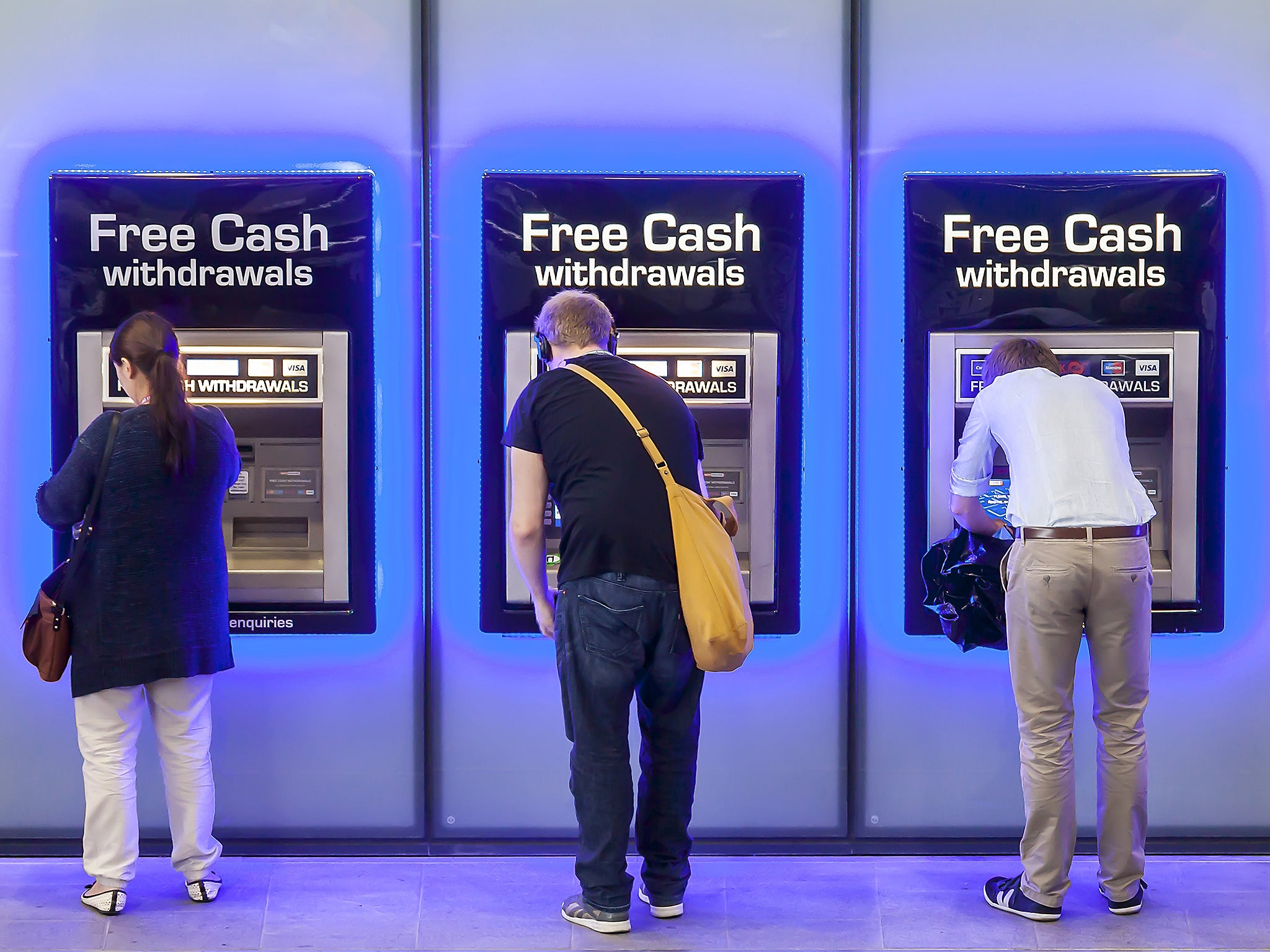Money flowing into cash ISAs falls dramatically as low interest rates bite
A total of 1.6 million fewer accounts where started last year than in the previous one

The amount of money flowing into cash ISAs has fallen dramatically in the most recent financial year, as consumers have been put off by low interest rates and a change in taxes.
According to official data from HMRC, ISA holders paid a total of £39.2bn into them in the 2016-17 financial year, a steep fall from the £58.7bn of inflows recorded over the same period a year earlier.
A total of 1.6 million fewer accounts where started last year than in the previous one.
“Savers are cottoning on the fact that cash ISAs offer very poor value,” said Tim Holmes, managing director at Salisbury House Wealth, a financial advisor for pensions, investments or mortgages.
“Investors need to be much more strategic about their long-term investments – having your money erode away in a cash account does little to help you save for retirement.”
The HMRC data also shows that, for the first time ever, the total amount of money invested in stocks and shares ISAs has overtaken the amount deposited in cash ISAs, indicating that savers are looking for investment options that will provide juicier returns in a low-interest world.
Some financial analysts said the sharp decline in cash ISA inflows is partially because of the introduction of a personal saving allowance last year, under which basic rate taxpayers can receive £1,000 of cash interest free each year.
But the trend is likely being fuelled mostly by the Bank of England cutting interest rates to a record low of 0.25 per cent in the aftermath of last year’s Brexit vote.
Underscoring Thursday’s figures, recent data has pointed to a plunge in the savings ratio of households.
In the first quarter of 2017, the Office for National Statistics estimated the savings ratio fell for a sixth successive quarter, hitting a new record low of just 1.7 per cent. That has exacerbated concern over the heavy reliance of the economy on consumer spending and rising debt.
Subscribe to Independent Premium to bookmark this article
Want to bookmark your favourite articles and stories to read or reference later? Start your Independent Premium subscription today.

Join our commenting forum
Join thought-provoking conversations, follow other Independent readers and see their replies